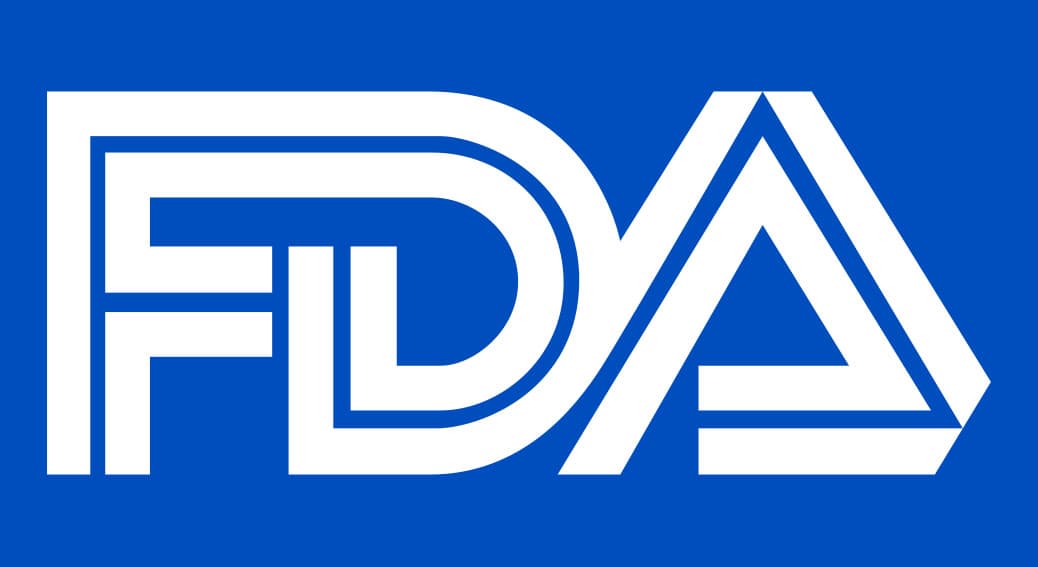The new article describes in detail one of the regulatory pathways to be used in case of changes to an already marketed medical device – a 30-day supplement.

Table of Contents
The Food and Drug Administration (FDA or the Agency), the US regulating authority in the sphere of healthcare products, has published a guidance document dedicated to modifications to devices subject to premarket approval (PMA). In particular, the document describes the PMA supplement decision-making process and highlights the key points to be considered by medical device manufacturers when determining the particular type of supplement to be used. It is also important to mention that the guidance documents issued by the FDA are non-binding in their legal nature, and are not intended to introduce new rules or impose new requirements, but rather to provide additional clarifications regarding the existing regulatory framework, as well as recommendations to be considered to ensure compliance thereto. The authority also mentions that an alternative approach could be applied, provided such an approach is in line with the existing legislation and has been agreed with the authority in advance.
As was mentioned before, the guidance describes in detail all the existing types of submissions including, inter alia, the following ones:
- Traditional PMA;
- Panel-Track Supplement;
- 180-Day Supplement;
- Real-Time Supplement;
- Special PMA Supplement; and
- 30-Day Notice.
By the virtue of the present guidance, the authority outlines the main features of the aforementioned submissions and explains the approach to be applied when determining the one to be filed depending on the changes in question.
30-Day Notice: Key Points
According to the applicable regulatory requirements, a party responsible for the device placed on the market under the PMA framework is entitled to submit written notification to the agency of a modification to the manufacturing procedure or method of manufacture affecting the safety and effectiveness of the device rather than submitting such change as a PMA supplement. In such a case, the device will be allowed for further marketing in 30 days from the date such notice was communicated to the FDA unless the latter will find such an approach unacceptable and notify the applicant accordingly within the said period – in this case, the submission will be converted to a 135-day supplement regulated under 21 CFR 814.39(f), and the applicant will be provided with the details regarding the actions to be taken or information to be provided to the authority for the changes to the device to be approved. In this respect, the authority refers to the guidance document “30-Day Notices and 135-Day PMA Supplements for Manufacturing Method or Process Changes” which contains further clarifications on the matter.
Apart from describing the regulatory requirements set forth under the existing legislation, the authority also provides several examples demonstrating the particular way the approach described in the guidance should be applied. In some of the examples, a conversion from a 30-day notice to a 135-day supplement takes place, and in these cases, the authority provides more details regarding the main aspects to be considered.

Manual to Automated Process
The first example describes a situation when the manufacturer is making changes to the manufacturing process to replace a manual process with an automated one. The comprehensive information about such changes could be submitted within the scope of the 30-day notice.
Supplier Change
The second example provided in the guidance describes a situation when the manufacturer changes a qualified supplier of a critical component, provided the new component supplied meets the same specifications and has the same characteristics. In such a case, the scope of information to be submitted as a part of the 30-day notice should include, inter alia, specifications for the raw material, supplier evaluation procedures, and a description of the type and extent of control over the raw material/supplier for the old and new material/supplier.
The third example describes a similar situation, but the changes are related to the qualified supplier of critical material. The authority additionally emphasizes that in such a case, the 30-day notice will be converted to a 135-day supplement if the submission will not contain all the tests necessary to qualify the new supplier, while the scope of tests required would depend on the nature of the device in question.
In the fourth example, the manufacturer moves the quality control step to another place in the manufacturing process. According to the guidance, such a change will be eligible for the 30-day notice.
At the same time, a conversion of a 30-day notice to a 135-day supplement will be needed in case of replacing the manual process with an automated one, provided there are no sufficient details provided by the manufacturer concerning the such change (the authority would expect to receive the information regarding tests conducted together with the validation data). The same conversion will be required in case of the introduction of a different test methodology.
The last example describes the situation when the change in question allows sterile product release based on demonstration of conformity to pre-defined sterilization parameters (parametric release) rather than release based on demonstrating no growth of biological indicators (conventional release). In such a case, a 30-day notice will be acceptable.
In summary, the present FDA guidance describes in detail the approach to be applied when determining the applicability of a 30-day notice. The document highlights the key aspects to be considered and also provides additional recommendations to be followed by medical device manufacturers intended to make changes to the products they are responsible for.
Sources:
How Can RegDesk Help?
RegDesk is a next-generation web-based software for medical device and IVD companies. Our cutting-edge platform uses machine learning to provide regulatory intelligence, application preparation, submission, and approvals management globally. Our clients also have access to our network of over 4000 compliance experts worldwide to obtain verification on critical questions. Applications that normally take 6 months to prepare can now be prepared within 6 days using RegDesk Dash(TM). Global expansion has never been this simple.

